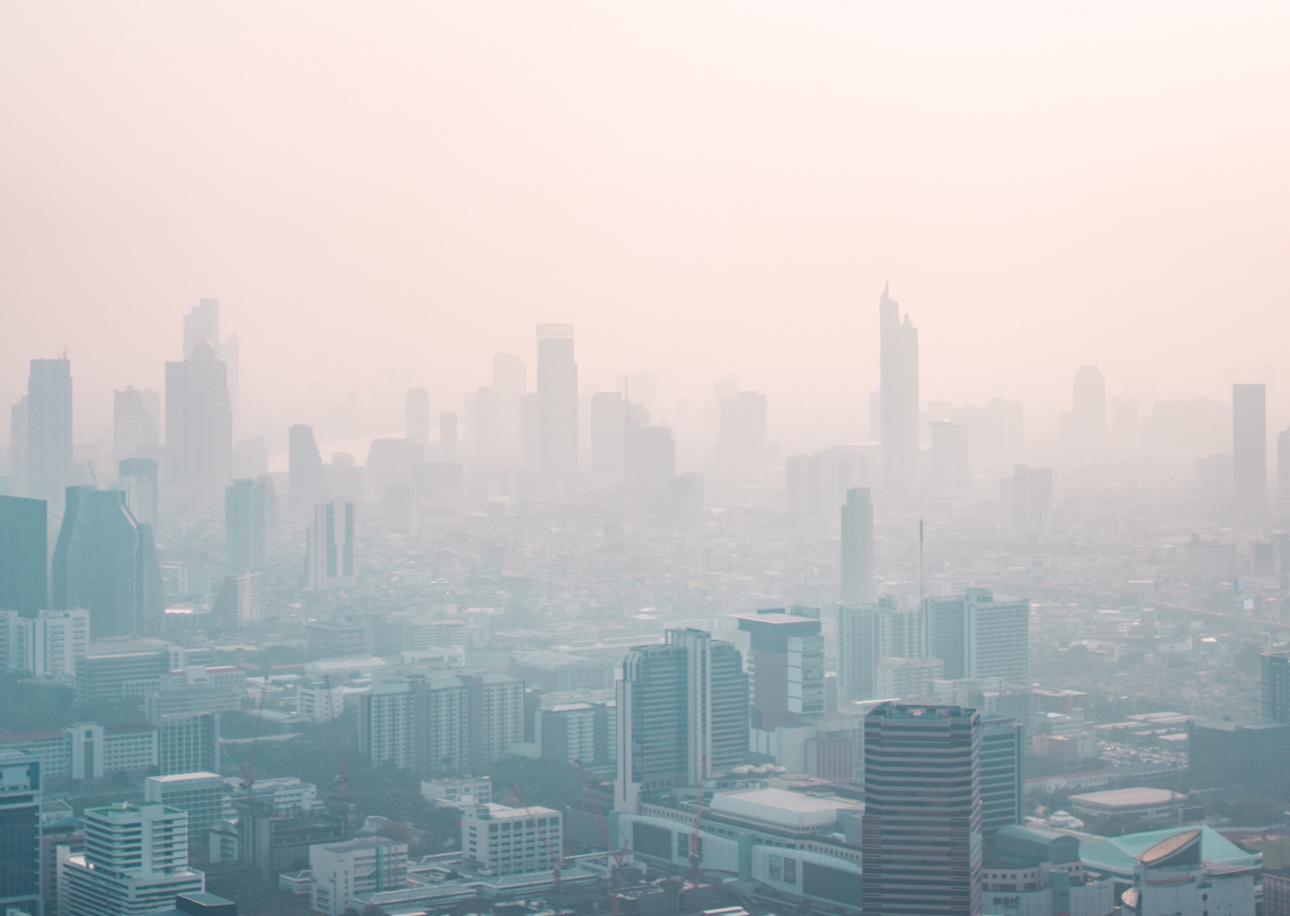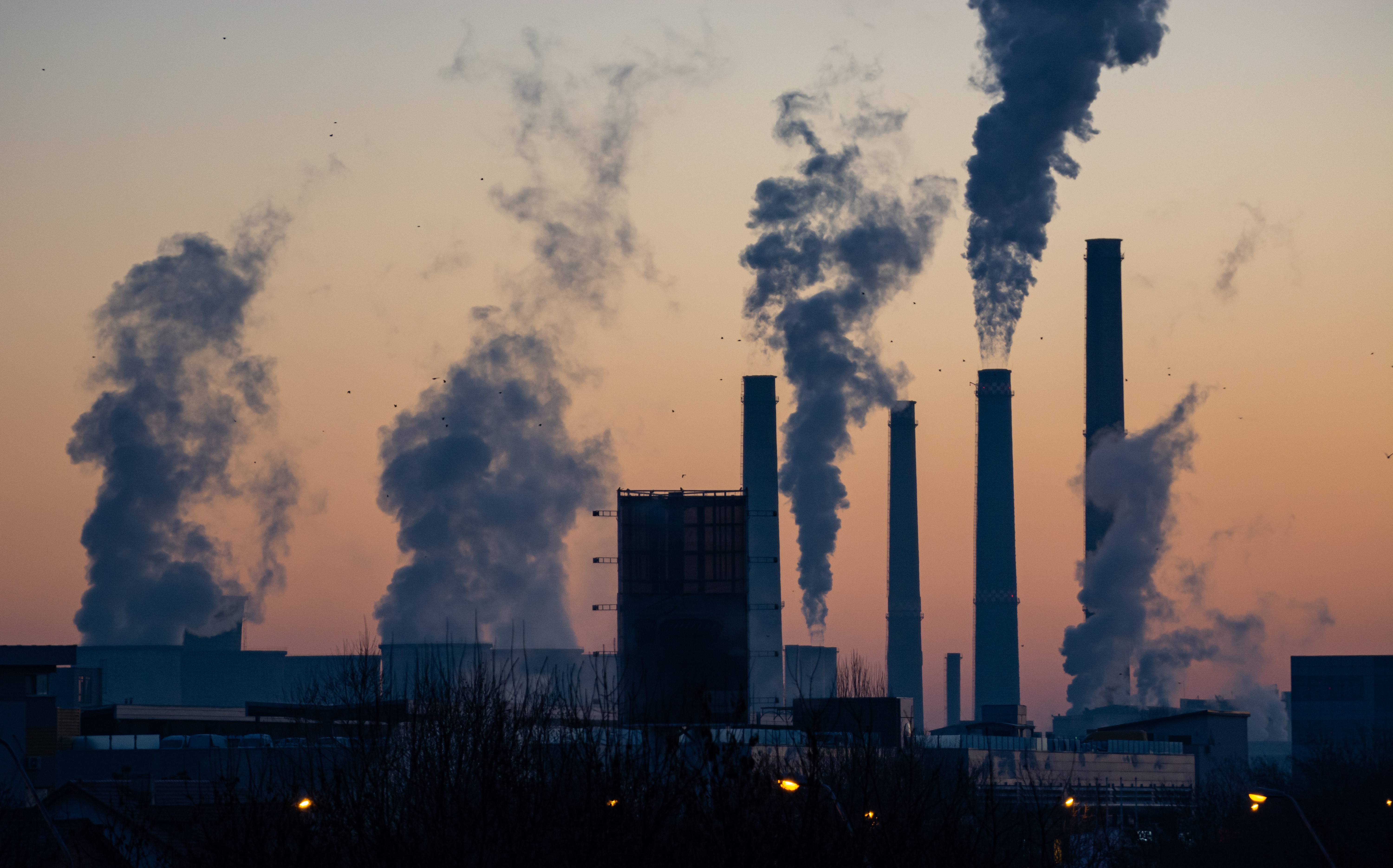A Peek into Thailand’s Hottest Star’s World: 10 Facts You Should Know About Freen
Get an exclusive peek into the world of Freen Sarocha: uncover 10 facts ...

Thailand has been struggling with air pollution in recent years, but this year it seems to have gotten even worse. Major sources of bad air quality in Thailand come from vehicular and industrial emissions, construction activities, and agricultural burning.
As scary as it sounds, exposure to PM2.5 can have significant negative effects on the body, including respiratory and heart disease. Young children, elderly people and those with certain underlying conditions are more susceptible to getting sick.

Therefore, it is crucial for the government to take strong measures to address this issue, such as implementing stricter emission standards for vehicles and industries, promoting the use of clean energy, and enforcing regulations on open burning. Sadly, the government dropped two clean air bills last year—Clean Air Bill by the Thailand Clean Air Network(Thailand CAN) and Pollutant Release and Transfer Register Bill (PRTR)—this indicates they are not yet taking air quality seriously enough. For now, the best we can do is to take steps to protect ourselves as best as we can from the hazardous smog which still lingers in parts of the kingdom. Below are a few tips to cope with air pollution:
If you need to go outside, wear a mask to filter out some of the pollutants. Look for masks that are specifically designed to filter out particulate matter such as N95 masks.
On days when the air quality is poor, it’s best to stay indoors and limit your exposure outside. Keep your windows closed and use an air purifier to improve the air quality inside your home.
Avoid exercising outdoors. Instead of going for a run in the park, try indoor activities like yoga, stretching or indoor cardio workouts.
Car emissions contribute to unhealthy air, so make sure your car is well-maintained and its emissions are in check.
Don’t allow anyone to smoke indoors, smoking cigars or other tobacco products can worsen the effects of air pollution on your health. Support measures to make all public places tobacco-free.
Generating electricity and other sources of energy creates air pollution. By reducing energy use, you can help improve air quality, curb greenhouse gas emissions, and save money!
Although purifiers aren’t able to capture all of the pollutants and particles, investing in a quality air purifier at home can help maintain good indoor air quality. Many air purifiers feature HEPA filters that capture particles, including dust, pollen, and some mould spores.
Air pollution can cause dehydration, so make sure to drink plenty of water to stay hydrated.
Monitor air quality levels by using applications like IQAir, and plan your activities accordingly. If the air quality is poor, try to limit your time outside or plan indoor activities instead.
With elections just around the corner, vote carefully for those you think might take this issue seriously and have the courage to pass legislation to tackle the problem.
Get an exclusive peek into the world of Freen Sarocha: uncover 10 facts ...
In a cinematic landscape saturated with remakes, reboots and sequels, you might ...
These top 5 barber shops in Bangkok are where gentlemen can elevate ...
While traditional TV shows are serving us endless boy-meets-girl tales. Thailand has ...
Pets, as cherished members of our families, deserve rights and protections that ...
The internet makeup obsession straight out of Bangkok’s streets! Thai makeup zeroes ...
Wee use cookies to deliver your best experience on our website. By using our website, you consent to our cookies in accordance with our cookies policy and privacy policy